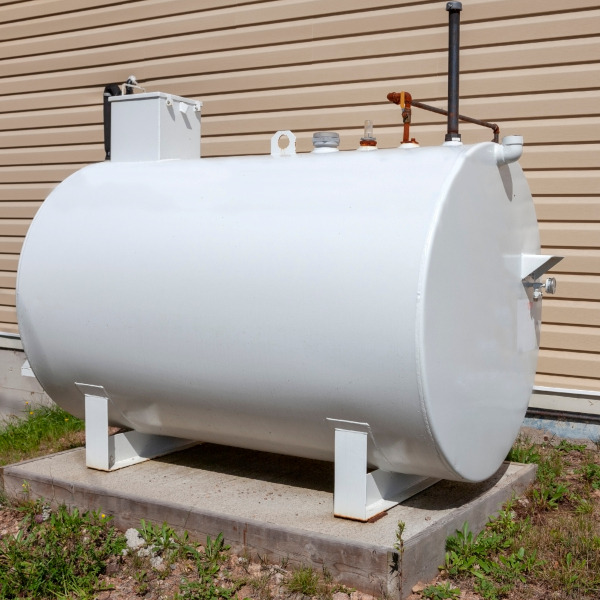The condition of residential oil tanks is rarely looked at by homeowners, yet the tanks are crucial to the comfort and safety of your home. Tank replacement for oil is an important investment which should be considered a top priority for homeowners as it directly affects the infrastructure and environmental safety of the property.

Residential oil tanks serve as the unsung heroes of the home. They are fuel for heating systems and hot water systems. Over time, corrosion can occur, causing leaks as well as other environmental hazards. The condition of the oil tank needs to be assessed by the homeowners and replacement should be prioritized if needed. Oil tank replacement is not just an investment decision. It is an opportunity to safeguard your home from damage and to ensure the availability of heating oils.
Costs are an important factor to be considered
The financial aspect of oil tank replacement is a major consideration for homeowners. Total cost may vary depending on the size of the tank, its complexity of installation and environmental requirements. To budget it is vital to have accurate estimates. Although the initial cost may be hefty, this is crucial to keep the safety and function of the home.
Factors Influencing Replacement Costs
Many factors affect the cost of replacing an oil tank. The size and shape of tank, the accessibility to the installation site as well as the environmental remediation requirement and compliance with safety and building codes are all factors. Homeowners should be aware of the material and labor cost as well as any upgrades that might be needed. Knowing these costs lets homeowners make educated decisions about replacement costs.
Prioritizing Environmental and Safety Considerations
Security and environmental considerations are place at the forefront of any replacement of oil tanks. Tanks that are old and aging are susceptible to corrosion and leaks and pose a risk of soil and groundwater contamination. Removing old tanks can reduce environmental risks, while protecting the property and surrounding ecosystem. A strict set of safety standards is adhered to during the construction of new tanks to prevent accidents. This ensures the household’s safety is guaranteed.
How to Select a Reliable Service provider
It is crucial to choose a company that has an excellent track record for the replacement of oil tanks. This will guarantee a smooth and compliant procedure. Experts who have experience installing and removing oil tanks should be sought by homeowners. A company with a proven track record in replacement of oil tanks, with an ethos of environmental responsibility and security, is ideal. The most reliable professionals will ensure that your any replacement requirements for oil tanks are handled with professionalism and respect for the environment.
Long-term Benefits outweigh Initial Costs
The benefits over the long term of replacing a tank with oil are more than the initial expense. Replacement of old tanks could save homeowners money on costly remediation costs and damage to their property because of leaks. New tanks offer increased efficiency and safety. They offer peace of mind as well as a reliable source for heating fuel. The replacement of oil tanks is a proactive measure that helps protect homes and promotes environmentally responsible practices. It also enhances peace of mind and security in the long haul.
The replacement of an oil tank is not only a financial investment, but also a step that homeowners need to take to make sure that their safety, function and the environmental integrity and sustainability of their homes. Homeowners can make educated decisions through assessing the significance of replacing, evaluating associated expenses and prioritizing safety as well as environmental concerns. By taking proactive care of their homes and ensuring accountable replacement, homeowners are able to protect their home, thereby contributing to a sustainable and secure living space.